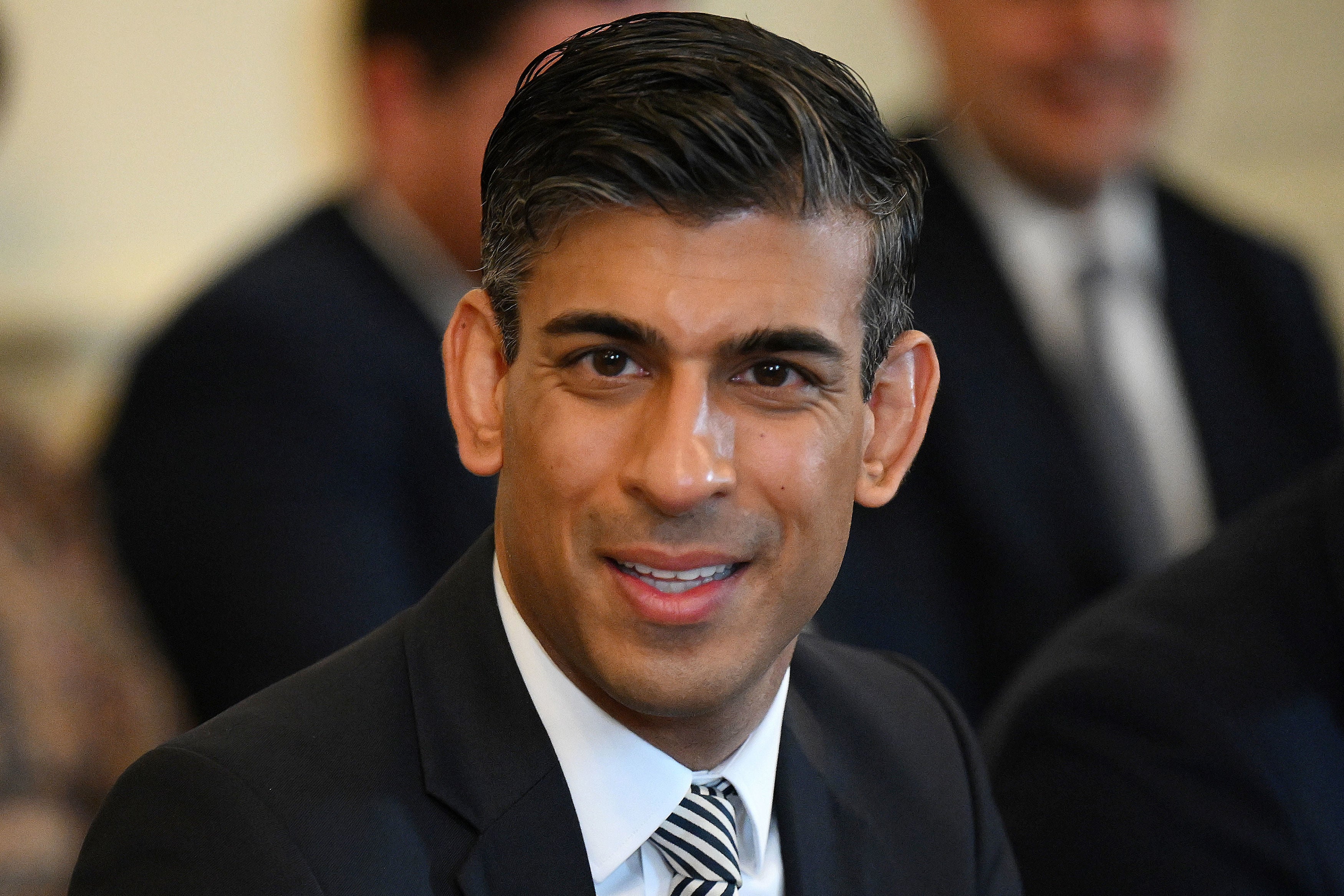Rishi Sunak’s £15bn cost of living package is a sticking plaster with some obvious gaps
The report into Downing Street parties probably helped force the government’s hand, argues James Moore. But the scale of the cost of living crisis means we may be here again before too long, as prices continue to rise


It was the chancellor, Rishi Sunak, who announced the government’s £15bn package of measures to address the cost of living crisis – but if you want to know who to thank, you should look to Sue Gray.
If there were laws mandating transparency in political thought, he would have called this the “Sue Gray Support Package and Windfall Tax”.
It was Gray’s damning report, with all its pictures, into the behaviour at lockdown-party central – otherwise known as No 10 Downing Street – that forced the government’s hand.
The prime minister, along with the chancellor – who himself featured in one of the report’s embarrassing photos – knew the crisis would have to be addressed sooner or later. It has served as a running sore: constantly in the headlines, eating away at support for the government, and providing a string of ready-made lines for the opposition at Prime Minister’s Questions.
To my mind, the need to divert attention away from the awfulness of that report probably played an important role, not just in the timing, but in Sunak putting together something halfway decent, too. The announcement was more generous than many had expected.
But the “Sue Gray Support Package” is still no more than halfway decent.
The chancellor is using the benefits system to deliver a means-tested £650 to Britain’s poorest (those receiving universal credit, tax credits, pension credits or legacy benefits), which represents a good way to get the ball rolling and a demonstration that the chancellor has retained some of his savvy.
Why? A one-off is not something he’ll have to take away in future, unlike the £20 universal credit uplift awarded at the start of the pandemic, the removal of which caused him a nasty political headache. Good for Sunak. Less good for people who lose their jobs on the wrong side of the payment.
A commitment has been made to increase benefits by the rate of inflation in September, which could be close to 10 per cent. That should help, too.
Along with the measures I will discuss below, this means that Britain’s low-income households will find they have been shielded from the worst of the energy price spike. But remember, it isn’t just energy prices that are rising.
So to those other measures, which will be shared more widely, including a doubling of the planned £200 energy bill reduction to £400, which now won’t have to be paid back over four years as it would have in the original plan. There is also a £150 payment for disabled people – who suffer terribly in the cold – and a £300 emergency payment for pensioners.
Here’s where you get into a debate. Some of the above money will go to some very wealthy people, who would have been able to manage the situation without government support.
At the same time, a low-income family above the benefits threshold is likely going to endure a cold winter, with Ofgem warning of a £2,800 price cap, and to face some nasty dilemmas, given that just about everything is rising in price. How often can the children be fed on Lidl beans on toast?
A newly trained nurse, just starting out, may also feel somewhat cynical while riding their bike past those “Thank you NHS” signs you see around. They aren’t going to be able to afford to keep a rental flat warm, or get help with other bills.
The “Sue Gray Support Package” will be funded in part by some of the chancellor’s fiscal headroom, and in part by a 25 per cent tax on UK oil and gas profits. The energy profits levy is a windfall tax in all but name. But there is also a very generous allowance, which will enable companies to cut their liabilities if they’re “investing in the UK”.
Accountants will already be hard at work on that. Sunak is hoping to raise £5bn with it. File that under “Things that make you go ‘hmm’”.
The package represents a major U-turn. While its announcement is not before time, it is welcome in that it might head off some icy rooms full of Hobson’s choices for the poorest. But those nasty dilemmas will still be there.
This may be a much bigger sticking plaster than was previously on offer, but it is still a plaster. There will still be a lot of people feeling a lot of pain over the winter.
It probably won’t be too long before the chancellor is hearing calls for a fresh set of measures.






Join our commenting forum
Join thought-provoking conversations, follow other Independent readers and see their replies
Comments